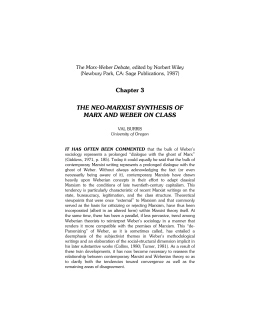
The group also discussed whether parts of this memoir may have been embellished in light of the recent controversy surrounding author James Frey and his book A Million Little Pieces. Ehrenreich’s method of conducting the experiment and evaluated the clarity and honesty of her conclusions.



The members of the lunchtime book group compared notes on Ms. She worked several low-paying jobs as a waitress, a hotel maid, a cleaning woman, a nursing home aide, and a Wal-Mart sales clerk. Author Barbara Ehrenreich conducted an experiment in 1998 to see how a person could survive in America making six dollars an hour. Instantly acclaimed for its insight, humor, and passion, this book is changing the way America perceives its working poor.T14:58:58-05:00 Books and Bites Adult Nonfiction Book Club, a partnership between the Bloomington Public Library and Bloomington Parks and Recreation, met at the Lincoln Leisure Center to discuss Barbara Ehrenreich’s book Nickel and Dimed: On (Not) Getting By in America, published by Metropolitan Books. Nickel and Dimed reveals low-wage America in all its tenacity, anxiety, and surprising generosity-a land of Big Boxes, fast food, and a thousand desperate stratagems for survival. And one job is not enough you need at least two if you intend to live indoors. She soon discovered that even the "lowliest" occupations require exhausting mental and physical efforts. But how can anyone survive, let alone prosper, on $6-$7 an hour? To find out, Ehrenreich moved from Florida to Maine to Minnesota, taking the cheapest lodgings available and accepting work as a waitress, hotel maid, house cleaner, nursing home aide, and Wal-Mart salesperson. She was inspired in part by the rhetoric surrounding welfare reform, which promised that any job equals a better life. In 1998, Barbara Ehrenreich decided to join them. Millions of Americans work full-time, year-round, for poverty-level wages.


 0 kommentar(er)
0 kommentar(er)
